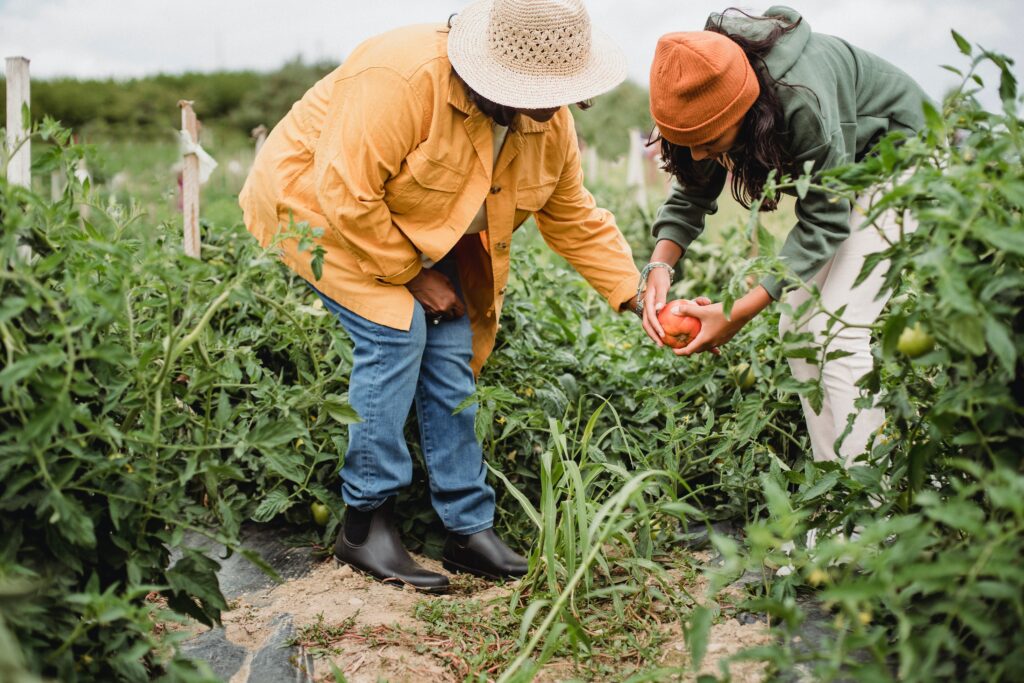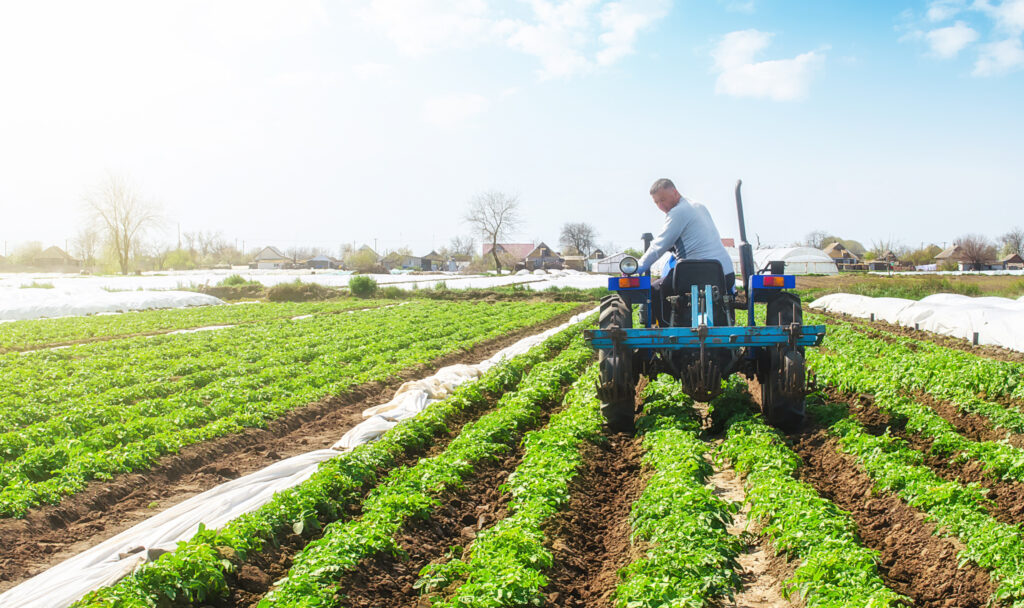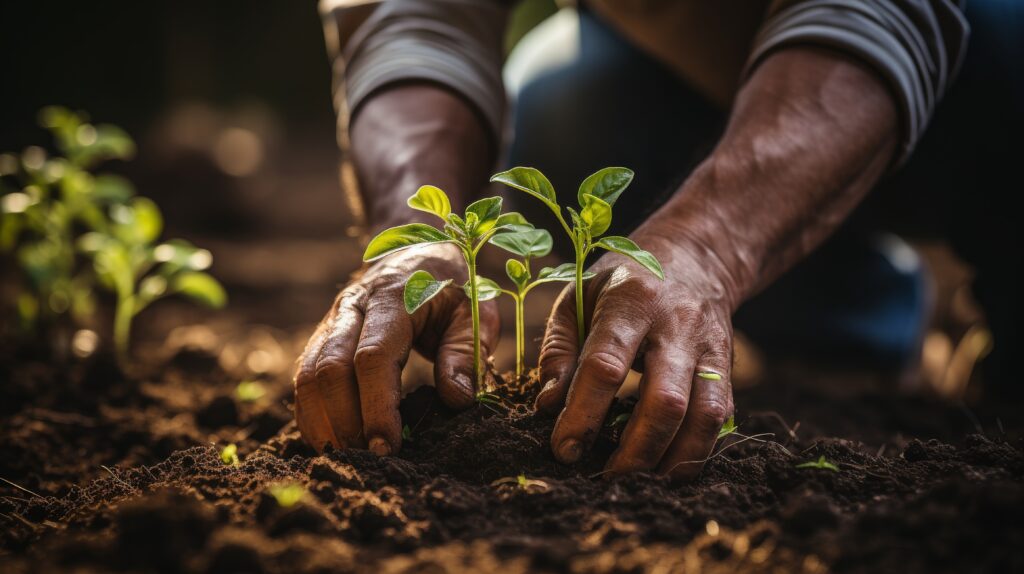Are you a farmer and looking for help with pest issues? Check out our Certification Support Resources.
Are you a CCOF operation facing a mandatory treatment situation? Check out our Emergency Pest or Disease Treatments page.
By purchasing organic products, consumers help reduce the amount of pesticides used in agriculture. Certified organic agricultural operations do not use the toxic synthetic pesticides commonly used on conventional farms. As a result, pesticide residues are seldom detected on organic foods. Additionally, organic farming doesn’t contribute to degradation of soils, water, and air caused by synthetic pesticides. Organic farmers use a systems approach to pest control that relies on crop rotation and cultural controls such as sanitation, creating habitat for beneficial insects, building soil quality to increase plants’ innate pest resistance and, only when absolutely necessary, applying pesticide products approved for use in organic agriculture.
What, Organic Farmers Use Pesticides?
Yes, most modern farmers use pesticides to prevent crop damage and loss from insect pests and plant diseases. Organic farmers are only allowed to use biological or botanical pesticides such as neem- and citrus-based materials, and synthetic materials included on the National List of Allowed and Prohibited Substances. Materials on the National List are evaluated by the National Organic Standards Board, which recommends addition and removal of materials based on criteria including lack of a natural alternative; no adverse impacts on the environment during the material’s manufacture, use, or disposal; and the material not contributing to contamination of crops, soil, or water. For more information on the National List process, see the National Organic Program and National Organic Standards Board page.
Organic Farmers Work to Protect Crops from Pesticide Drift
In a world addicted to agrochemicals, pesticide drift is a serious concern shared by all CCOF-certified growers. CCOF addresses the issue of potential pesticide drift by requiring clearly defined buffers and boundaries between organic and non-organic farms. CCOF-certified clients should inform CCOF as soon as possible of any suspected or actual pesticide drift or direct spraying on CCOF-certified parcels.
CCOF at Work
CCOF’s policy team works on related issues, including:
Invasive pests With an increasingly global society and due to changing climate, invasive pests like the light brown apple moth (LBAM), Asian citrus psyllid, and bagrada bug are finding their way into the state. This threatens the livelihoods of local farmers, California native plant and animal species, and the environment. CCOF works with public agencies to ensure that eradication efforts include organic options and don’t threaten farmers’ organic status due to large-scale pesticide spraying. CCOF staff also participate on various pest management advisory boards. For more information on LBAM and other invasive pests, visit CDFA or your own state department of agriculture.
Materials listing on the National List CCOF participates in the twice annual review of materials allowed in organic production by gathering information from certification staff and CCOF-certified members and submitting public comment on materials.
Statewide Plant Pest Policy CCOF engaged with California’s Dept. of Food and Agriculture to ensure that state policy is to consider organic alternatives when requiring farmers to prevent spread of crop pests or diseases.





